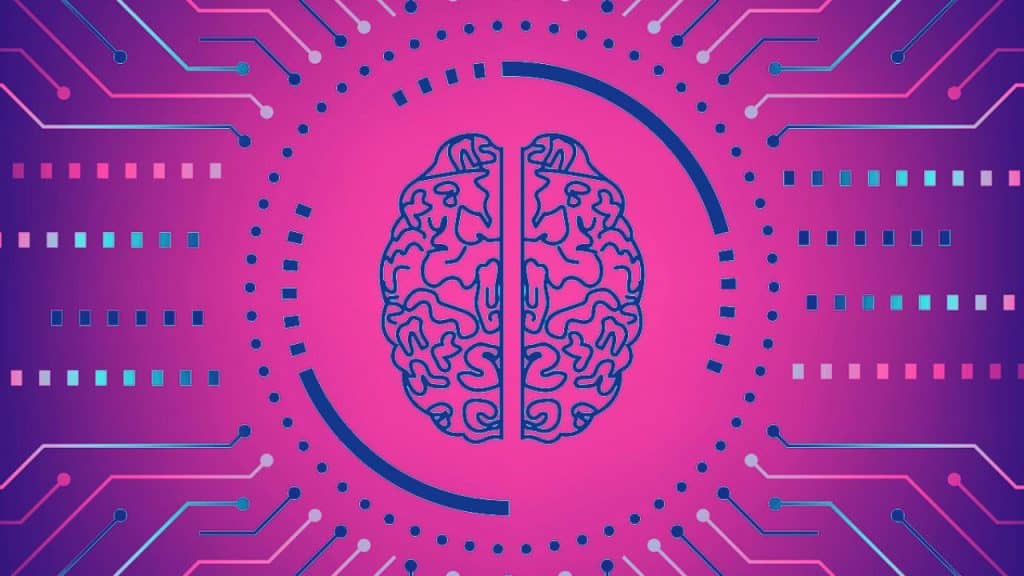You’ve heard of your chronological age, or how old you are in years. You’ve heard of your biological age, or how old you are judging by the deterioration in certain markers in your body. But what about psychological age, or how old you are mentally? A new piece of tech may be able to measure your mental state like never before (https://longevity.technology/news/mind-aging-clock-reports-redefine-wellness-and-resilience/).
Deep Longevity, the company behind what they’re calling the Mind Age clock, uses the definition “the mental state most typical for people of a certain age group” to describe psychological age. It’s about how various aspects of your attitudes and thought processes work together to significantly impact your chances of happiness and success in life.
People with a psychological age that is low compared to their mental age tend to be more open to new people and ideas. They’re willing to experiment and explore, which means they have a better chance of improving their future. A higher psychological age seems to correlate with poor-quality relationships, lower self-confidence and more stress.
MindAge is based on a survey given to participants. Advanced machine learning algorithms are used to analyze survey answers and produce a psychological profile. The resulting report is divided into sections based on the six parameters of what’s known as the Ryff scale (named for psychologist Carol Ryff, who developed it): autonomy, environmental mastery, positive relations with others, personal growth, purpose in life, and self-acceptance.
What makes MindAge particularly useful is that it doesn’t just assess your current psychological age but also makes suggestions for improvement. Deep Longevity realizes how individualized mental health can be and has designed MindAge to develop simple but highly personalized recommendations for what can make your psychological age better.
The algorithms underpinning MindAge use a 2D heat map to pinpoint where you currently are and which way you should be going if you want to achieve satisfaction in life, all based on how it profiles your particular psychological type. Then it develops your unique, highly personal path to self-improvement using a self-organizing map (SOM). It can all be done in minutes.
Mental health is a complicated area that can have a big impact on our longevity as well as our enjoyment of life. MindAge attempts to provide a more quantified way of assessing mental state so we can better plan for a happier, healthier future.




